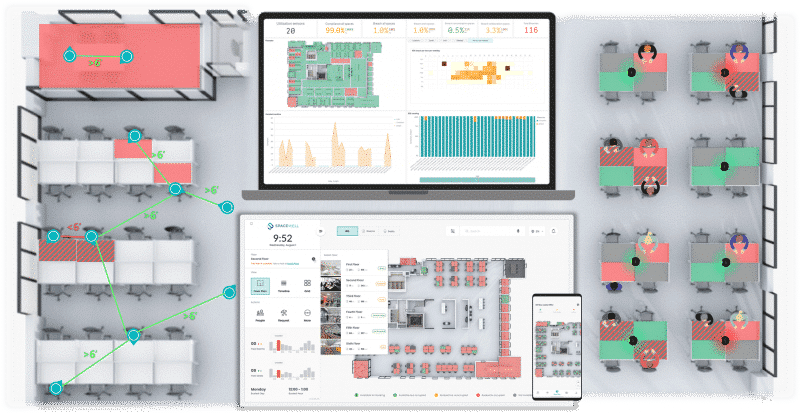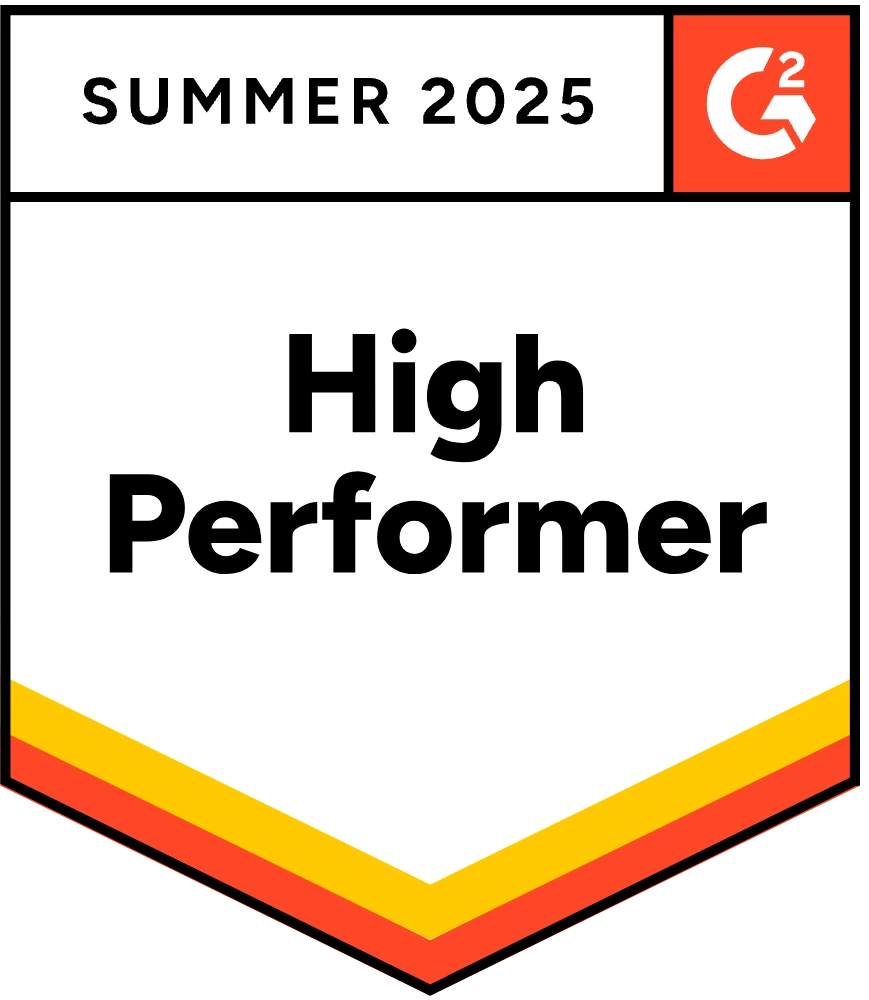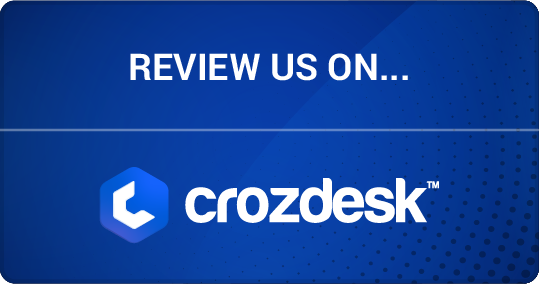Proptech refers to technologies – including hardware, software, materials, and even manufacturing processes – used to create value in the real estate space. Proptech is a rapidly growing market, seeing an 82% increase in fundraising between 2017 and 2018 alone,[1] pointing to the enormous potential of this sector. New PropTech trends and solutions like IoT sensor technologies, SaaS data analysis platforms, and mobile apps that connect tenants with building services all generate value for different stakeholders. Even as the ongoing COVID-19 pandemic is creating new challenges for all of these groups, Proptech is presenting itself as a welcome solution with new potential for value generation.
Proptech Trends: Historical Value Proposition
For Owners & Managers
On the building owner and manager side, Proptech helps maximize the value of building portfolios in several ways:
- First, smart building solutions are able to generate insights into space utilization that can guide space design and allocation. For example, using real-time sensor data, it is possible to evaluate what kind of spaces (e.g. collaboration, concentration, or workspaces) are in high demand and to adapt floorplans accordingly. For example, if large meeting rooms are consistently used by groups of one or two people, subdividing the space may result in greater availability and more effective use of floor space.
- Second, beyond redesigning spaces, utilization data can also guide managers’ leasing strategies across buildings or portfolios. By enabling or optimizing flexible work concepts, for example, analysis of space utilization patterns may allow building managers to eliminate or sublet entire floors or buildings that would otherwise be used at only partial capacity, generating potentially huge returns on investment.
- Third, for landlords looking to set themselves apart in a competitive real estate market, adopting Proptech solutions can contribute to greater occupancy levels. Smart building solutions can significantly enhance the quality of service provision, resulting in greater tenant loyalty and satisfaction – even as they generate operational efficiencies for building managers.
For Building Users
Building occupants – whether corporate tenants or employees – derive much of their value from Proptech in two ways:
- First, employees can derive increased satisfaction from their workplaces when Proptech solutions tie into service provision. For example, mobile apps that allow users to easily place maintenance or cleaning tickets and enable frequent status updates can generate greater confidence that requests are being addressed. Likewise, comfort sensors that monitor air quality and generate automatic tickets can also enhance employee well-being and confidence in their work environment.
- Second, many of these same systems can also generate higher productivity. For example, booking systems that automatically release ghost meetings or that make it easier to find a seat in a flexible workspace will allow employees to have easier access to the spaces they want and need on demand, resulting in less time wasted searching or delays in holding important meetings.
For Service Providers
Many of the leading PropTech trends and systems that benefit other building users also create value for service providers. When real-time data can feed into user-friendly work assistant apps, service providers are able to capture significant benefits:
- First, service providers benefit from streamlined work processes. Visualizing work orders on floorplans, outlining step-by-step instructions for each space with helpful images or videos, and providing more detail on maintenance tickets allows service providers to direct staff to areas where they are most needed and ensure a high standard of delivery at the same time.
- Second, data collected over time can help move service providers away from reactive maintenance towards condition-based or even predictive maintenance. Sensor data coupled with machine learning algorithms can help identify objects at risk of breakdown and direct maintenance towards those assets during off-hours, ensuring greater uptime and a better user experience.
Overall, the value proposition of Proptech has been significant for all user types and has grown as the market continues to produce better and cheaper sensors as well as more powerful software solutions. We are entering a phase in the market where the benefits of late adoption are confronting the need to start capturing the data that can train machine learning algorithms and the need to develop the in-house IoT and data science capabilities to make the best use of these technologies.
Proptech Trends: Post-Pandemic
However, given the tremendous dislocations in rental markets, consumer spending, and supply chains, many businesses are reluctant to make new investments in Proptech – especially if they are being forced into making layoffs, pay cuts, or furloughs. Nevertheless, the case for these investments is stronger than ever. And history proves time and again that companies that invest during tough times come out stronger.
Proptech companies have responded to the crisis with a plethora of innovative solutions to enable a safe return to the workplace. Reservations systems are being adapted to facilitate contact tracing and people-finding, sensors combined with space utilization software can help enforce social distancing guidelines, and smart apps can help service providers direct cleaning to high-traffic areas in real time. All of these innovations can help all building stakeholders: managers are able to ensure that their guidelines are being implemented and manage the liability of reopening, occupants are given greater peace of mind and productivity in the office during a challenging time, and service providers can maximize their impact even while taking steps to protect their workers with better communication of safety guidelines.
Spacewell is especially proud of the ways it has been able to adapt its products to provide these types of crisis solutions while still offering all of the benefits promised by Proptech in normal times. Our clients are not only able to respond effectively to the crisis but can make these investments knowing that they will continue to reap returns in the long run.

1 Deloitte (2020). “Real Estate Predictions 2020”










